Podcast: Play in new window | Download
Subscribe: RSS
Meg is the founder of Flow Financial Planning, LLC, a virtual financial planning firm dedicated to early-to-mid-career women in tech. She advises her clients on every aspect of their financial lives, specializing in stock compensation. And most of that work has always been conducted virtually.
Take away quote: “Client relationships do not have to suffer just because you’re seeing people through a screen. You can still be there for them, have an emotional connection, be silent, give them space.”
Show Timeline:
03:40 What it means to build a business that reflects who you are
09:01 Breaking down your target markets by focusing on what is unique to you
15:49 Delivering a great experience virtually
17:21 Overcoming the challenges of a virtual practice
23:55 Attracting clients to your business by tapping into established networks
26:37 Virtual meetings: what works, how do you connect and what do you do differently
29:56 Understanding referral behaviors and how to leverage those in the virtual world
Links:
Website: https://flowfp.com/
Twitter: https://twitter.com/MegBartelt
LinkedIn: https://www.linkedin.com/in/megbartelt/
Want more?
Stephen Wershing: http://advisorchecklist.com/blog/
Julie Littlechild: http://www.absoluteengagement.com/blog
Episode Transcript:
Read More
Steve Wershing:
Welcome to Becoming Referable, the podcast that shows you how to become the kind of advisor people can’t stop talking about. I’m Steve Wershing. On this episode, we talk with Meg Bartelt, found and lead planner of Flow Financial Planning. Meg has the distinction of having mastered the virtual experience before many advisors were forced to in the recent pandemic. She has an entirely virtual practice focusing on early to mid career tech professionals. And while being virtual makes her somewhat unique among financial advisors, she stresses that the important things are the same as for any financial advisor, building relationships, developing expertise that her target market needs, and providing great service.
She developed an expertise, for example, in stock options and stock ownership, something that many of her target clients need to handle. She coaches clients through job changes because her target market tends to be fairly mobile. So she has a lot of lessons that we can all benefit from, but she talks about why it’s even more important for her with a virtual practice to focus on the needs of that target client because where most advisors can meet prospective clients at the chamber of commerce or at the local country club, she has to compete with the entire internet. One thing that had us particularly interested in talking with Meg is that she can attract a consistent stream of referrals with a purely virtual experience, something that many advisor struggles with. And toward the end of the episode, she talks about how she handles those referrals when she comes in, when they come in.
She has a lot of great ideas that would be applicable regardless of the environment. And so without any further delay, let’s get to our conversation with Meg Bartelt. Meg Bartelt, welcome to Becoming Referable. Thanks for joining us.
Meg Bartelt:
Thank you.
Steve Wershing:
So we have a bunch of things that we want to ask you about, but let’s just start out with: What in your mind makes your firm, Flow Financial Planning, unique?
Meg Bartelt:
Sure. Well, I think it’s unique to begin with for the same reason that I am unique, because I just made a business the exact way that I would want to run things that reflects my personality, reflects the way I think about the world. And it was a real sort of joy and privilege to be able to get to construct a firm exactly around how Meg’s brain works, but that’s exactly what I did. And probably perhaps more relevant is the fact that I have a really specific target market. I work with women in their early to mid career in the technology industry, and have over the last four and a half years, really iterated on: What did those women need at those two career stages, at those two stages of life? And just really customized everything about the firm to serve those women.
Steve Wershing:
Yeah, so that’s interesting. And I think it would be even cooler if you renamed your firm Meg’s Brain because I think that would be fascinating.
Julie Littlechild:
Can I ask about that just before we even move on? Because I do want to talk about how you built the firm around that target. But when you say you built something that reflected you, which I think is something we all want to do, what did that mean to you?
Meg Bartelt:
Sure. I can probably best answer that by saying, by explaining where I worked before I started my own firm. So I’m a career changer, I actually started working in the tech industry myself. But when I switched to the financial planning world, I worked for a couple of fee only registered investment advisory firms, who were fairly traditional in their approach, their fee model, their target market. They were both investment oriented and focused on the retirement population. And I’ve always said retirees deserve love too, it just wasn’t interesting for me. Here I was in my early 30s, I wanted to work with people who were more like me, which is a story you might hear a lot.
So I wanted to work with people who were in sort of that thick of life, they’re having babies, they’re changing careers, they’re buying homes, going back to school, climbing the career ladder, all those things that I was in the midst of, and had been in the midst of, and was going to be in the midst of for the next few years. So there was that part of building a business that was like me. Here are these people I want to work with, and I can’t work with them in these businesses I’ve been working for as an employee. And also, I have a personality and I wasn’t really able to let the Meg flag fly in these two RIAs.
The second one I worked for was run by an Evangelical Christian man. It was a good firm. He was a good man, good work for their clients. And I just did not fit, and I really wanted to just be comfortable. I didn’t want to have to watch out for how I expressed myself. I am a casual person in speech and dress and all of that. And this firm was much more conservative and buttoned up, and so I just had to watch myself all the time there, and I really just wanted a firm where that part at least was going to be easy because I could just be me.

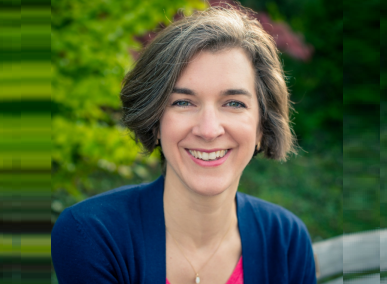

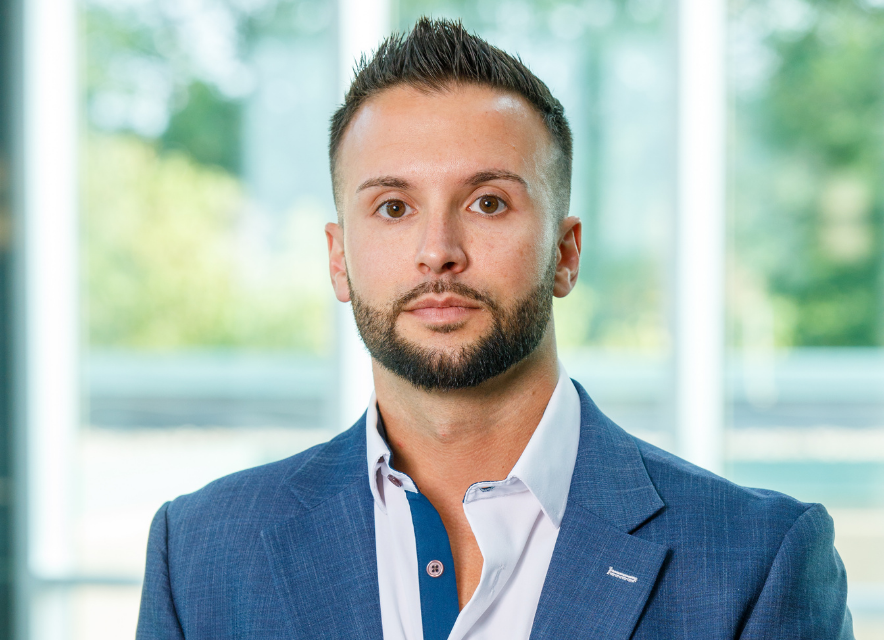
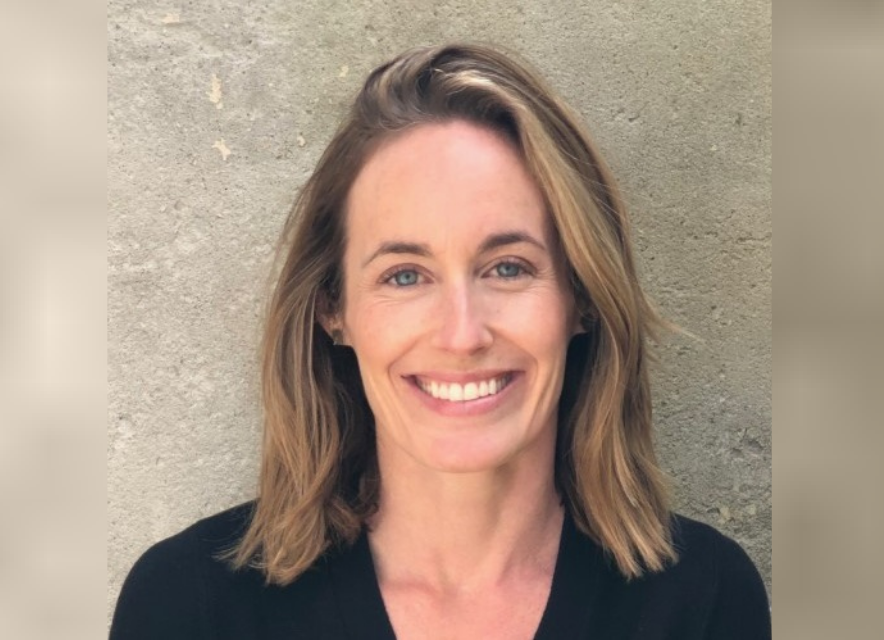
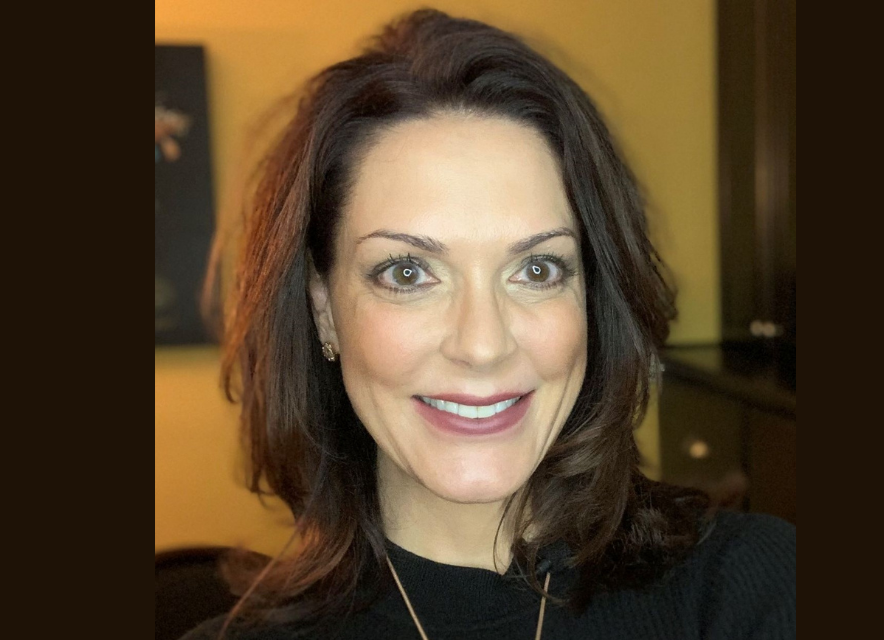
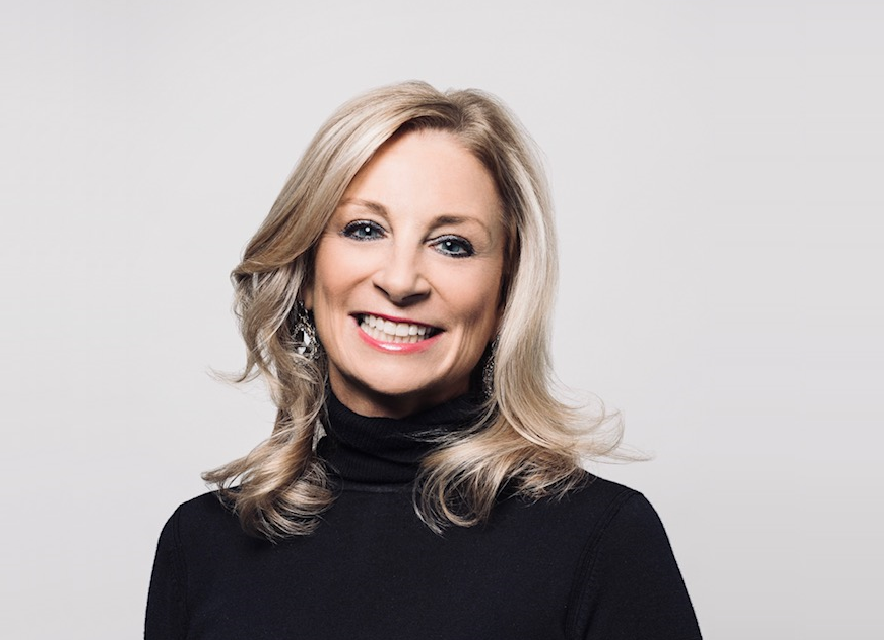
Leave A Comment